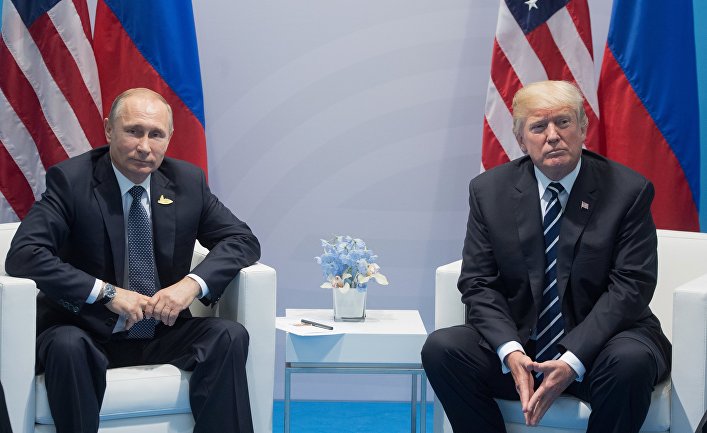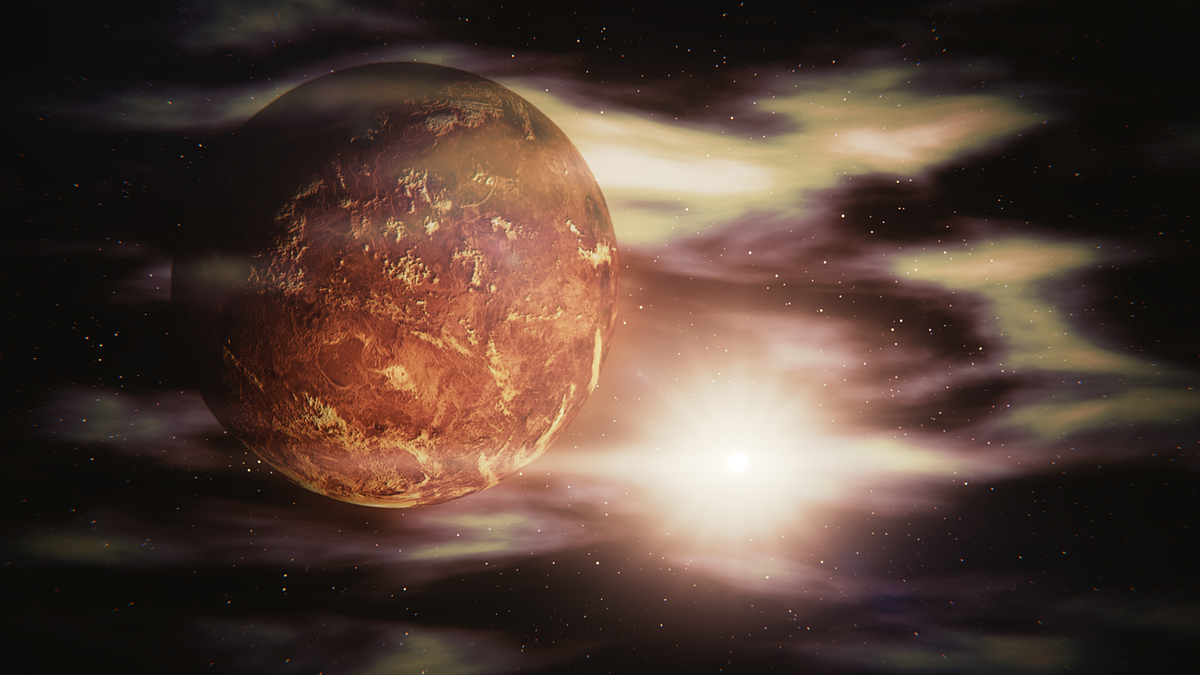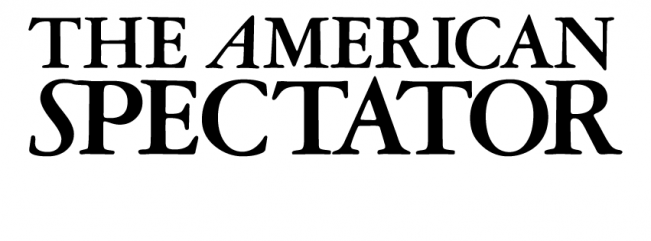
 No one, including the most ardent pro-Kiev advocates in the West, disputes the existence of the far-right and openly neo-nazi groups in Ukraine. However, the common western reaction to this is that the numbers of their followers are negligent and therefore their impact on the political climate and life in the country in general can be easily dismissed.
No one, including the most ardent pro-Kiev advocates in the West, disputes the existence of the far-right and openly neo-nazi groups in Ukraine. However, the common western reaction to this is that the numbers of their followers are negligent and therefore their impact on the political climate and life in the country in general can be easily dismissed.
 No one, including the most ardent pro-Kiev advocates in the West, disputes the existence of the far-right and openly neo-nazi groups in Ukraine. However, the common western reaction to this is that the numbers of their followers are negligent and therefore their impact on the political climate and life in the country in general can be easily dismissed.
No one, including the most ardent pro-Kiev advocates in the West, disputes the existence of the far-right and openly neo-nazi groups in Ukraine. However, the common western reaction to this is that the numbers of their followers are negligent and therefore their impact on the political climate and life in the country in general can be easily dismissed.
This was the position of US and EU leaders from the beginning of so-called "Maidan Revolution" to the present day.
Well, the facts tell us a different story since those who are familiar with the real situation in Ukraine are sounding a great alarm that the influence of extremists is actually on the rise and, moreover, it can sway the results of the upcoming presidential elections, the shape of the new government and future parliament (Rada).
These days one has to be a super courageous individual to run for office on both, federal or local level, without taking into account how his or her views and political agendas are perceived by the radicals.
Indeed, what we see now are the numerous marches with torches through the streets of many cities, including Kiev, similar to those which took place in the Nazi Germany. Perhaps the best known scene from Leni Riefenstahl’s film "Triumph of the Will" features dramatic footage of torch bearers at a 1934 Nazi Party rally in Nuremberg. Hitler himself made repeated references to torches as symbols of national and racial revolution in his book Mein Kampf.
Marches honoring SS Galichina, a Ukrainian division in Hitler’s Waffen-SS attract thousands of supporters and are often openly promoted even by the local governments, like, for example, during the recent April 28 march in the city of Lviv.
Street name changes honoring nazi collaborators became a routine government practice and it should come as no surprise that state-sponsored glorification of war criminals Stepan Bandera and Roman Shukhevych lead to the anti-Semitic outbursts, synagogue firebombing, cemetery vandalizing and Nazi salutes displays during the torch-wielding rallies.
We see nazi sympathizers not only on the streets but in the highest government places as well. Ukrainian scholar Anton Shekhovtsov noted on the "creeping resurgence of the Ukrainian radical right” and according to American journalists Ben Norton and Max Blumenthal "the country has lurched far to the right when extreme right-wing nationalists occupy some of the most powerful roles in the new government."
Many of these radicals are often welcome in Washington where they are met on the highest government level, including speaker Paul Ryan, senator John McCain, and other US officials.
Occasionally, we do hear some rare voices raising concerns about this problem. For example, Freedom House’s Ukraine project director Matthew Schaaf noted that "an increase in patriotic discourse supporting Ukraine in its conflict with Russia has coincided with an apparent increase in both public hate speech, sometimes by public officials and magnified by the media, as well as violence towards vulnerable groups.”
Amnesty International has also recently warned that "the Ukrainian state is rapidly losing its monopoly on violence” and US Congress sometime does express its concerns but so far it is limited only to the activities of Azov battalion while the problem is much larger.
With the upcoming Ukrainian presidential elections and Poroshenko’s current unpopularity the influence of neo-nazis is definitely on the rise but the West is practically silent.
As Norton and Blumenthal mention this reveals the "extent to which Washington has cast aside any concern for democratic institutions and is willing to overlook open displays of violent Nazism in order to ratchet up the tension on Russia’s doorstep."
As it often happens no one wants to learn from history but the history usually gets back to you, sometimes in the most unpleasant way.
Edward Lozansky is president of the American University in Moscow, Professor of Moscow State and National Research Nuclear Universities. He is the author of the book "Operation Elbe”, which describes joint US – Russia anti-terrorist efforts.



_jpg/250px-ElbeDay1945_(NARA_ww2-121).jpg)







